The 20th ‘Dive into Research': Exploring the Disciplinary Frontiers of Future Intelligence
On May 10th, the 20th ‘Dive into Research’ of Glasgow College was successfully held at Research Building No.4 during noon break. Professor Li Fusheng from the School of Automation Engineering was specially invited to this event to take students on a visit to the Artificial Intelligence and High-end Equipment Research Center and other team research venues. Prof. Li introduced the current development prospects of China's artificial intelligence algorithm and its application status in fields such as detection technology and automation, pattern recognition and intelligent systems, control science and multiple intelligent agents. Prof. Li also conducted a lecture on 'Exploring the Disciplinary Frontiers of Future Intelligence'.
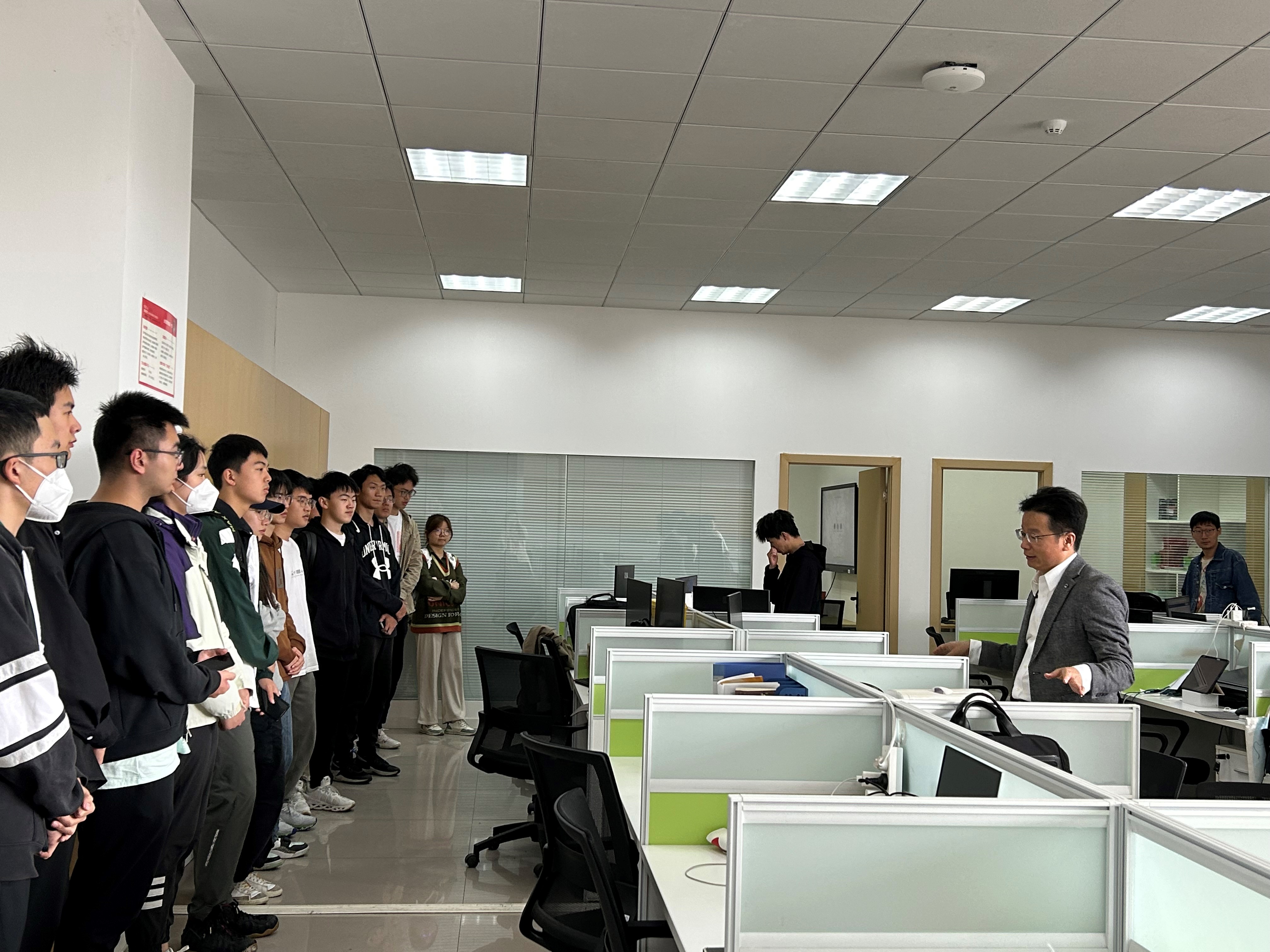
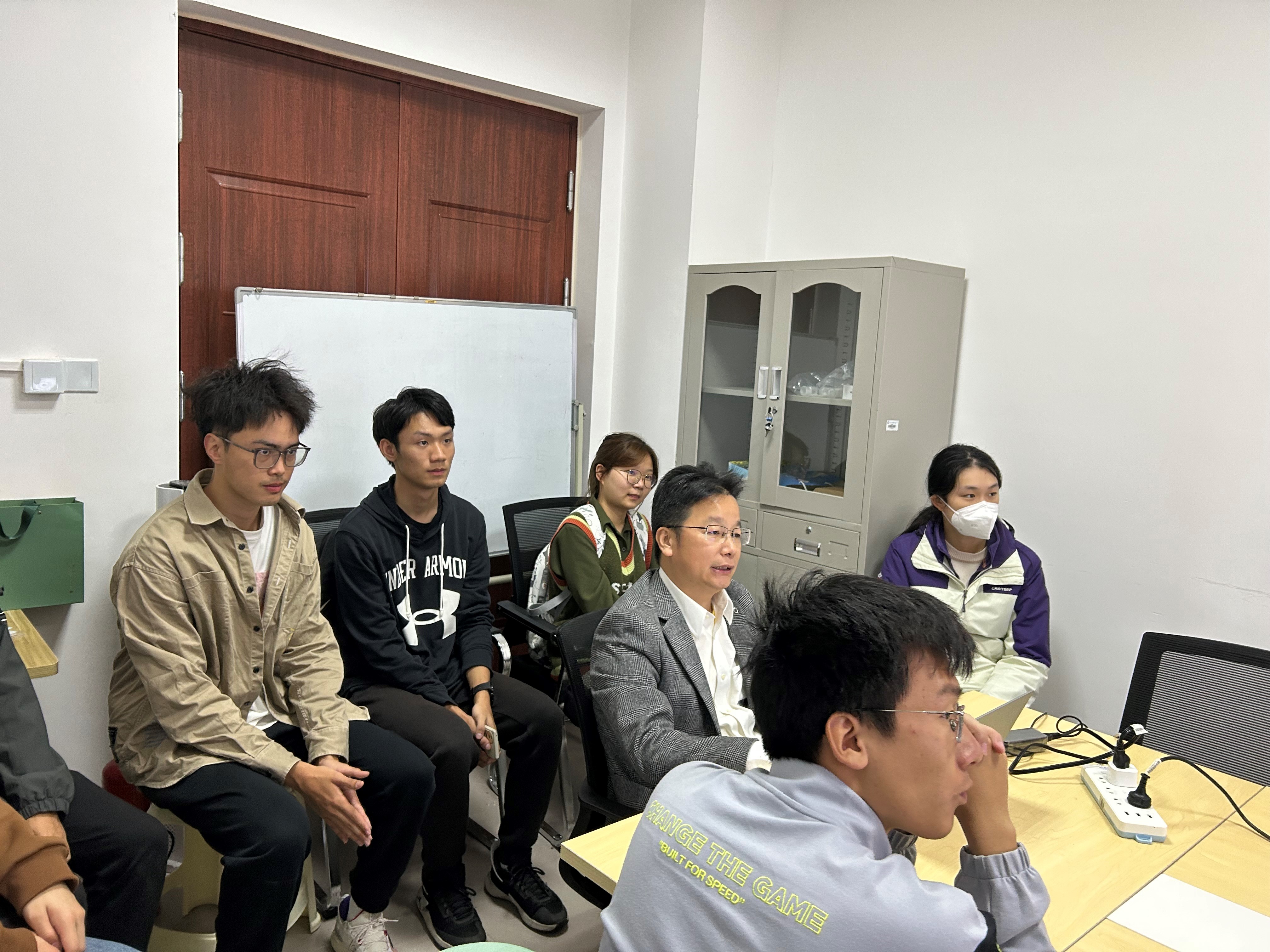
At the beginning of the event, Professor Li briefly introduced the members in the research team, as well as the three research fields, i.e. deep learning, reinforcement learning, and artificial intelligence algorithm. Based on their interests, the students were divided into two groups, the Artificial Intelligence group and the Drone group for further learning and exchange.
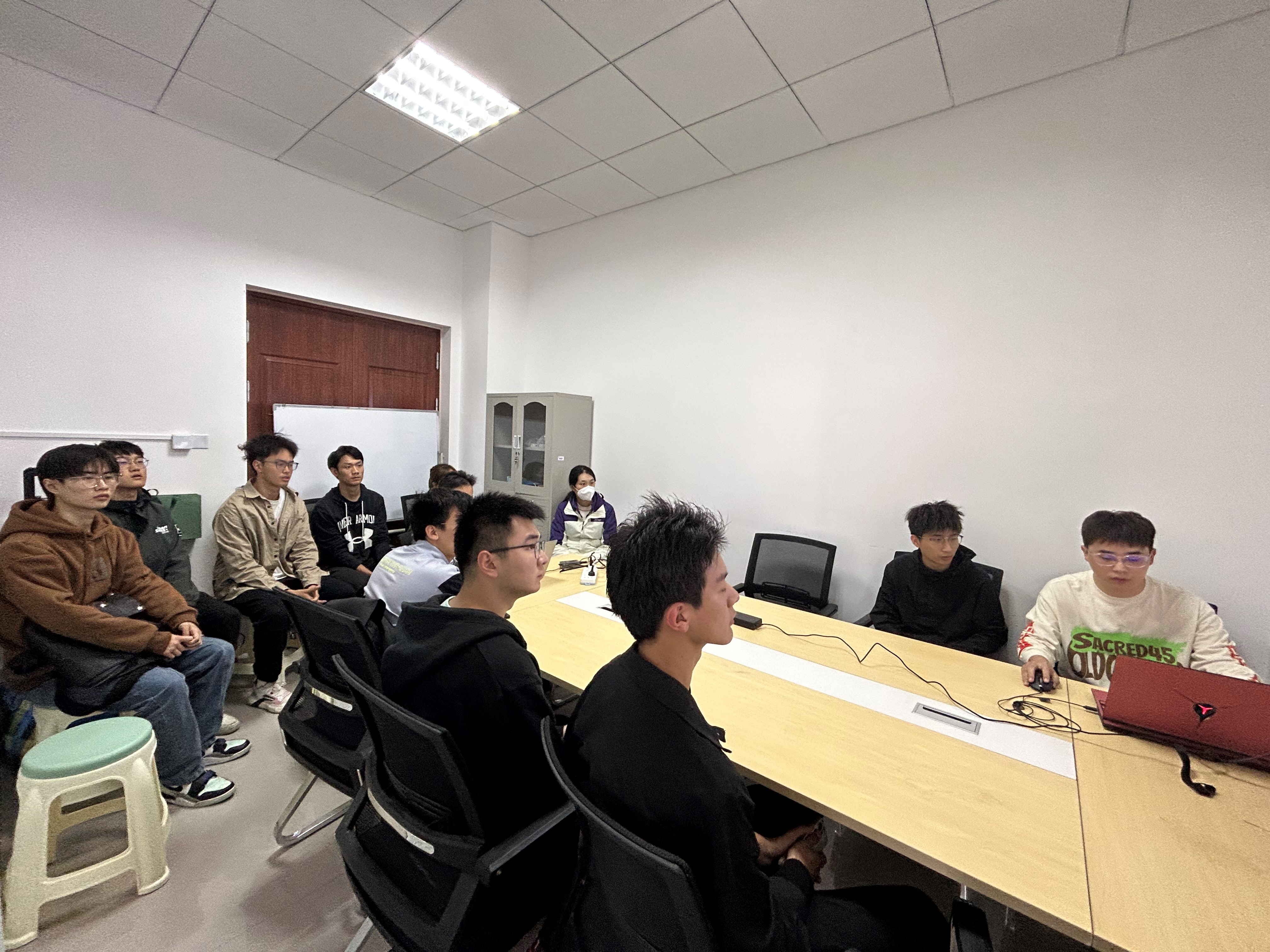
In the Drone group, the excellent senior students led by Professor Li explained to everyone the project of the research group on reconfigurable drones, which took endurance, full degree of freedom, and maneuverability into full consideration. The highlight of the research on this drone was finding a universal method for better judging the center of gravity, which enabled operations such as rotation and yaw.
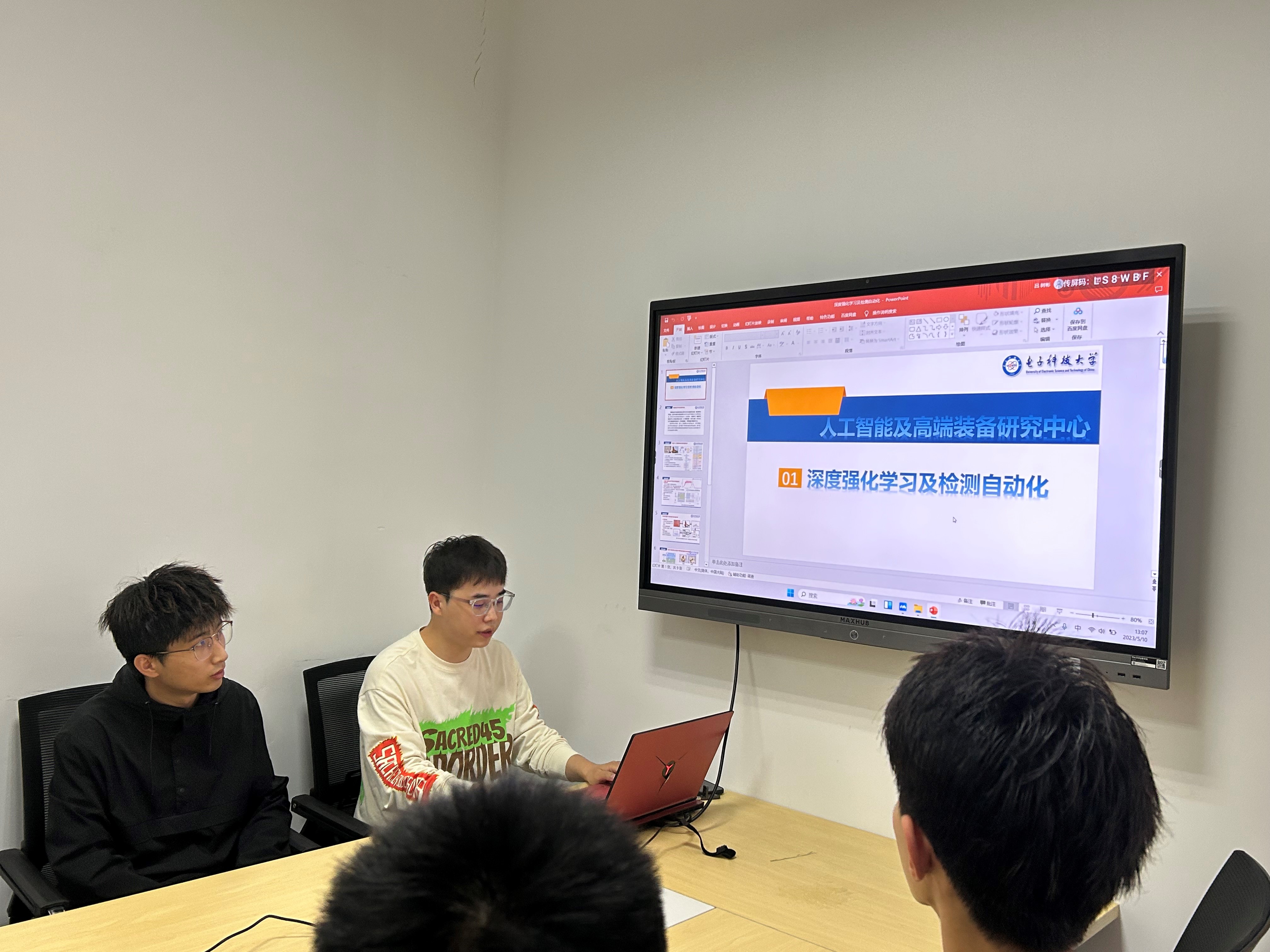
In the Artificial Intelligence group, Professor Li invited a Ph.D. candidate from the research team to introduce intelligent research and applications in spectral analysis instruments, such as X-ray fluorescence spectroscopy, laser-induced breakdown spectroscopy, and Raman spectroscopy, developed by the detection automation team through deep reinforcement learning. The group aimed to process, analyze, and make decisions on data measured by spectroscopic analytical instruments utilizing Artificial Intelligence algorithms such as machine learning, deep learning, and reinforcement learning. The research covered areas such as heavy metal analysis in soil, ore grading identification, traditional Chinese medicine identification and traceability.
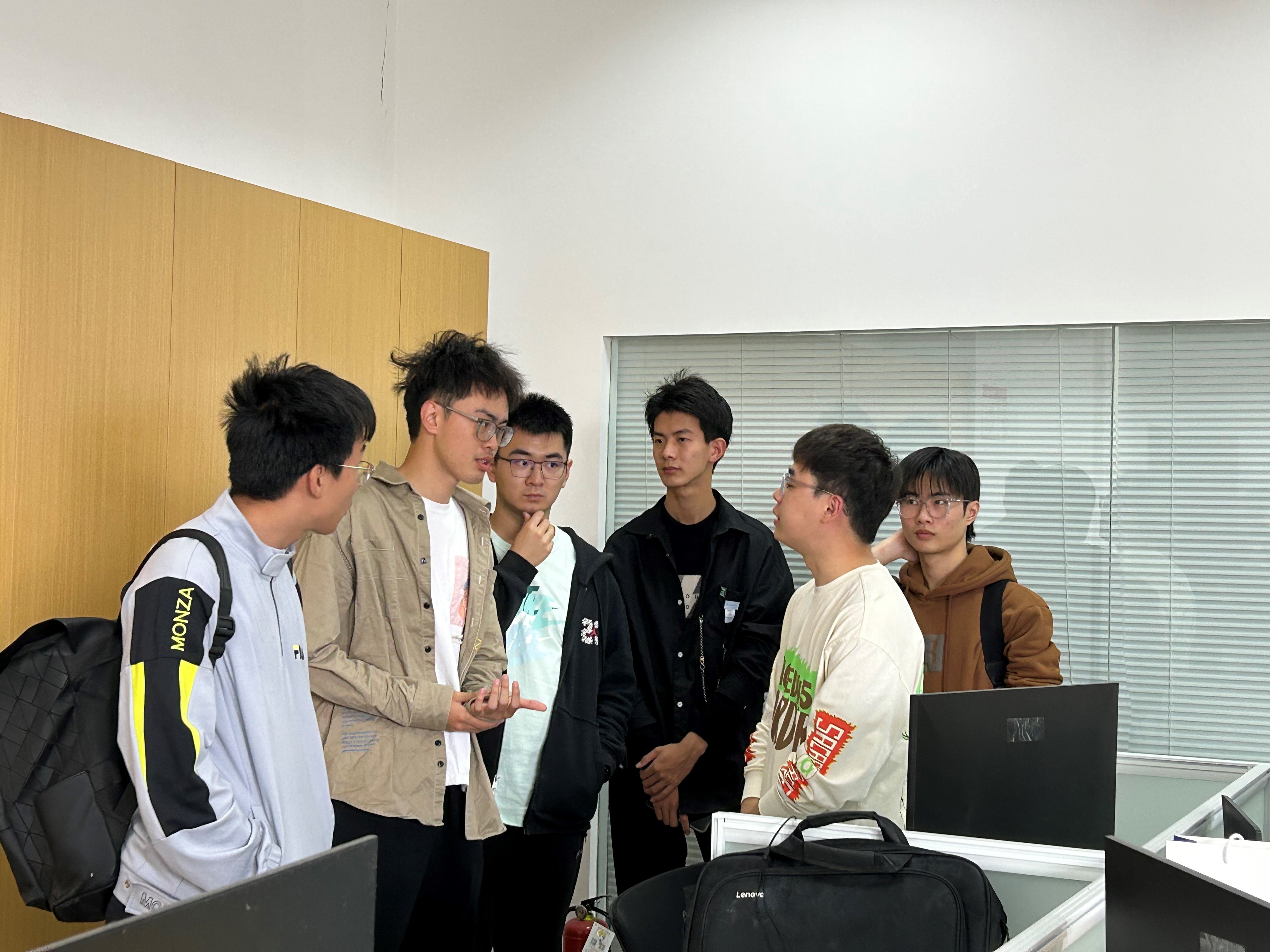
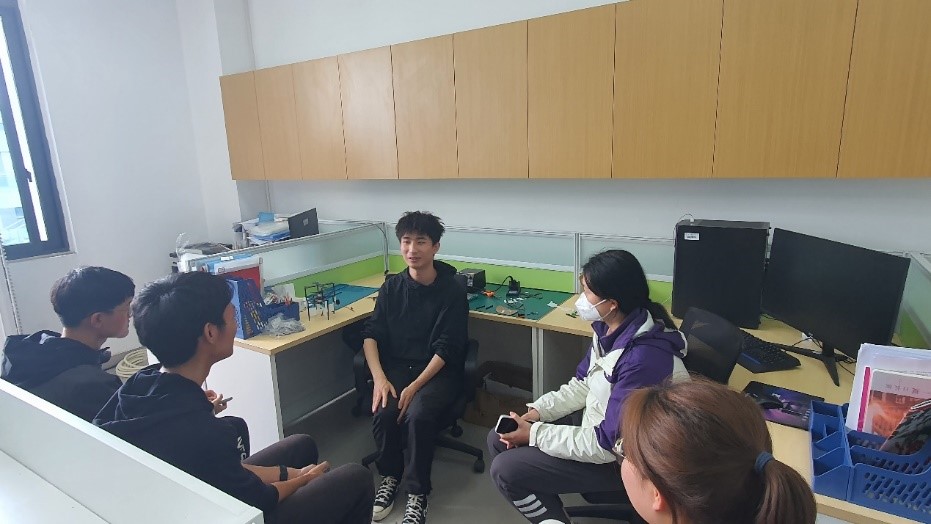
At the end of the event, Professor Li invited the students to introduce their research directions one by one, emphasizing the importance of persistence in scientific research, and welcoming students to join the research team to learn.
Activity Overview:
To stimulate students’ interest in scientific research and develop their innovative and practical skills, the Student Affairs Centre (Lab Experiments) of Glasgow College and the Innovation Science Association jointly launched the “Dive into Research” program, which offers students the opportunity to engage with instructors and research teams. In each session, Professors from various research domains will be invited to introduce research projects to students and assist them in developing research interests, thereby ushering them into scientific research and innovation.
Translated by Zhu Ning
Proofread by Yi Shuying and Wei Tingting







